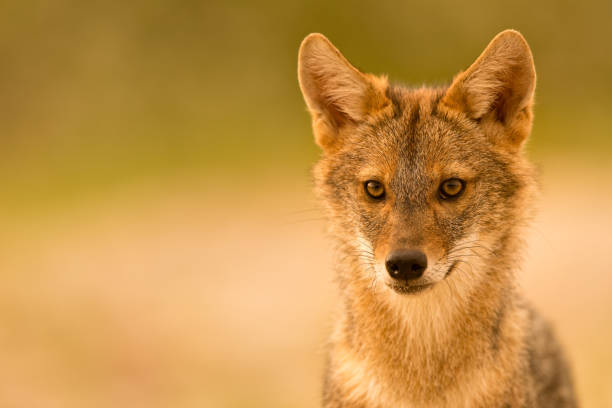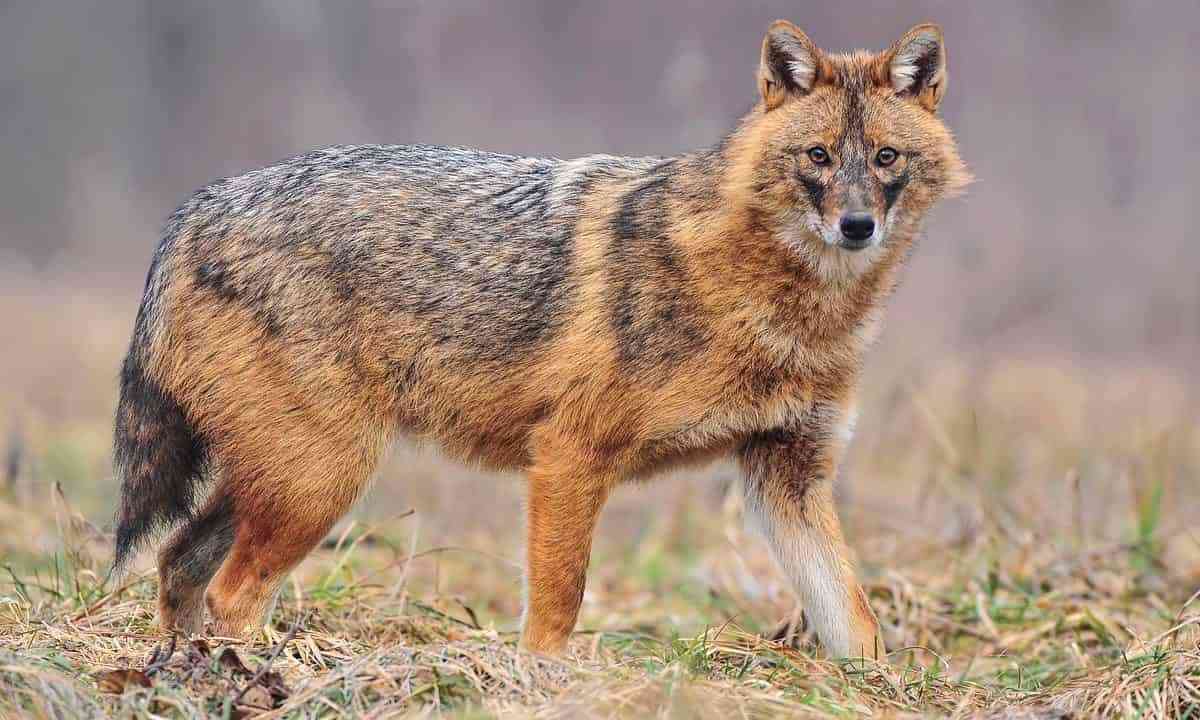At the Yamuna Biodiversity Park in Wazirabad, north of Delhi, a pair of golden jackals (Canis aureus) have been observed. This is the first time the animal has been seen in the park. According to park scientist Faiyaz Khudsar, who is also in charge of the biodiversity parks program for the Delhi Development Authority, the two were spotted on Saturday. He added that the presence of jackals is essential for a healthy ecosystem.

The two were seen on Saturday, according to scientist Faiyaz Khudsar, who works at the park and is in charge of the DDA's biodiversity parks program. He also said that jackals are essential to the health of an ecosystem.
Because they are part of the food chain and aid in the management of the population of herbivores, golden jackals are an essential predator for any ecosystem. Khudsar says that the animal usually has a social structure and sometimes lives in packs with a breeding pair as the basic social unit. They also play a significant role by recycling organic materials and scavenging animal flesh.
"The presence of jackals in the restored habitat of Yamuna Biodiversity Park indicates successful rewilding," he went on to say.

Experts stated that golden jackals are uncommon along the Yamuna floodplains, despite the fact that they are common in the southern ridge, an extension of the Aravallis.
The jackal is a fairly adaptable animal that is able to survive in jungles, floodplains, and even along farmlands, according to Sohail Madan, center manager of the Bombay Natural History Society (BNHS) at the Asola Bhatti Wildlife Sanctuary. Despite the fact that the jackal is seen more frequently along the Aravallis, Because it is an omnivore, it can eat a variety of foods. Although it is not often seen, we have seen it in the Yamuna Khadar region in the past. A new biodiversity park in Ghaziabad, Uttar Pradesh, has been established, so it's possible that the animal came from there, he said.
Khudsar, on the other hand, was of the opinion that the jackal couple might have entered the Yamuna Biodiversity Park via a route that a leopard had used in 2016 to travel along the Yamuna riverplains from Kalesar in Haryana, the closest large forest patch north of Delhi.
The leopard that entered the park in 2016 remained there for more than two weeks before being relocated by the state department of forests and wildlife because it posed a security threat to nearby residential areas. However, officials stated that, in contrast to the leopard, there is no threat to humans from jackals, and as a result, there are no plans to relocate the animals.
©️ Vygr Media Private Limited 2022. All Rights Reserved.






















